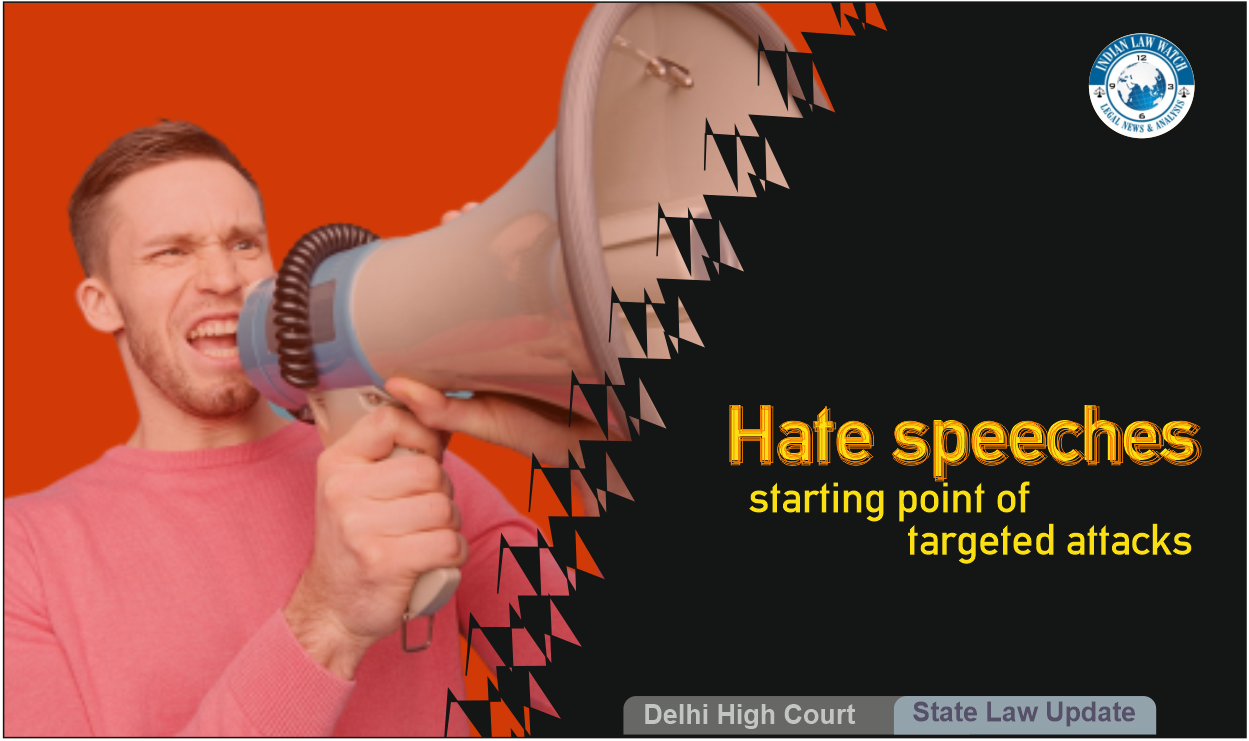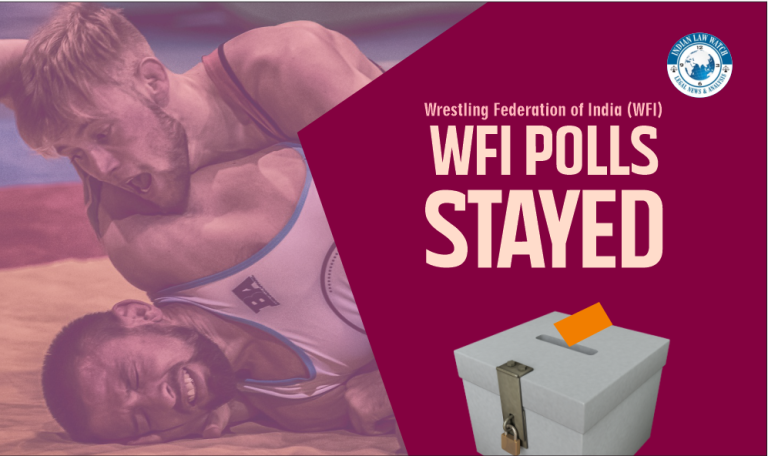
Justice Singh said hate speeches by elected representatives, political and religious leaders warrant “stringent peremptory action” by the Central and state governments.
Calling for action against hate speeches by elected representatives, political and religious leaders, the Delhi High Court Monday said that such utterances are the “beginning point of attacks” against the targeted community, and persons who are mass leaders and occupy high offices must conduct themselves with utmost integrity and responsibility.
While he dismissed a petition challenging a 2020 order of a trial court which had rejected an application by CPM leaders Brinda Karat and KM Tiwari seeking an FIR under IPC sections 153 A,153 B, 295 A, 298, 504, 505 and 506 against Union Minister Anurag Thakur and BJP MP Parvesh Verma for their alleged hate speeches in connection with the anti-CAA protests, Justice Chandra Dhari Singh said: “Hate speeches are the beginning point of attacks against the targeted community that can range from discrimination to ostracism, ghettoisation, deportation, and, even to genocide.”
The legal question before the High Court was whether sanction from the competent authority in the government was required prior to ordering registration of FIR under Section 156(3) CrPC in the matter. It agreed with the trial court view that the complainants need to get sanction from the government first.
The matter had reached the court of the Additional Chief Metropolitan Magistrate after police failed to file an FIR on the CPM leaders’ complaint. According to CrPC section 196, prior sanction from the state is required for prosecution of offences punishable under IPC sections 153 A, 153 B, 295 A and 505.

-
While the High Court ruled against Karat and Tiwari, it made detailed observations regarding hate speeches. Justice Singh said hate speeches by elected representatives, political and religious leaders warrant “stringent peremptory action” by the Central and state governments.
-
“The shloka from Bhagwad Gita succinctly states — whatever action is performed by a leader, common men follow in his footsteps; and whatever standards he sets by his acts, are pursued by his subjects. ‘With great power comes great responsibilities’ goes another popular quote,” he said.
-
Justice Singh said leaders elected in a democracy like India owe their responsibility not only towards the electorate in their own constituency, but also towards the society and nation as a whole and ultimately to the Constitution.
-
“It is they who are the role models for the ordinary masses. Thus, it does not befit or behove the leaders to indulge in acts or speeches that cause rifts amongst communities, create tensions, and disrupt the social fabric in the society,” he said.
-
He said hate speeches, especially by elected representatives, political and religious leaders, based on religion, caste, religion or ethnicity, militate against the concept of fraternity, bulldoze the constitutional ethos and violate Articles 14, 15, 19, 21 read with Article 38 of the Constitution. The hate speeches, he said, are a blatant derogation of fundamental duties.
He said hate speeches incite violence and feelings of resentment against members of specific communities and causes fear and feeling of insecurity in the minds of members of those communities. Such speeches marginalise individuals based on their membership by using expressions that expose the group to hatred, he said.
“Hate speeches are almost invariably targeted towards a community to impart a psychological impact on their psyche, creating fear in the process,” he said.
Justice Singh said there have been, and there continue to be, instances of hate speeches in different parts of the country. “There have even been instances of demographic shifts in the aftermath of such Hate/Inflammatory speeches, the exodus of Kashmiri Pandits from the Kashmir valley is a prime example,” he said.
He said statutory provisions and particularly the penal law provide sufficient remedy to curb the menace of “hate speeches”. The executive as well as the civil society, he said, has to perform its role in enforcing the already existing regime.
“Effective regulation of ‘hate speeches’ at all levels is required and all the law enforcing agencies must ensure that the existing law is not rendered a dead letter.”
While dealing with the writ petition filed by Karat and Tiwari, the High Court said the Supreme Court specifically held that the court cannot direct registration of FIR or investigation into an offence while exercising power under Section 156 (3) of Code in relation to offences where sanction is required to be taken before a court can take cognizance.
Source: The Indian Express






